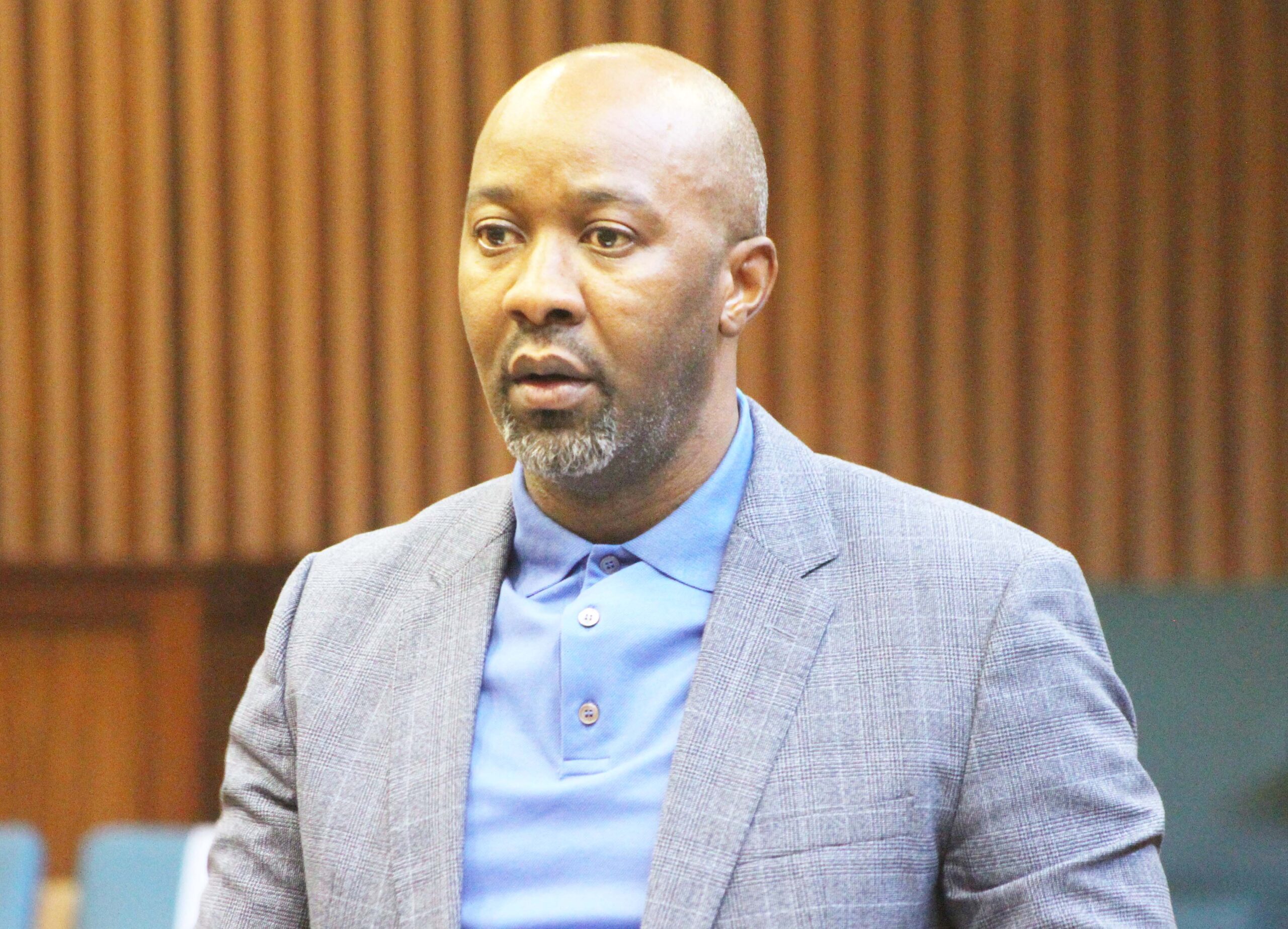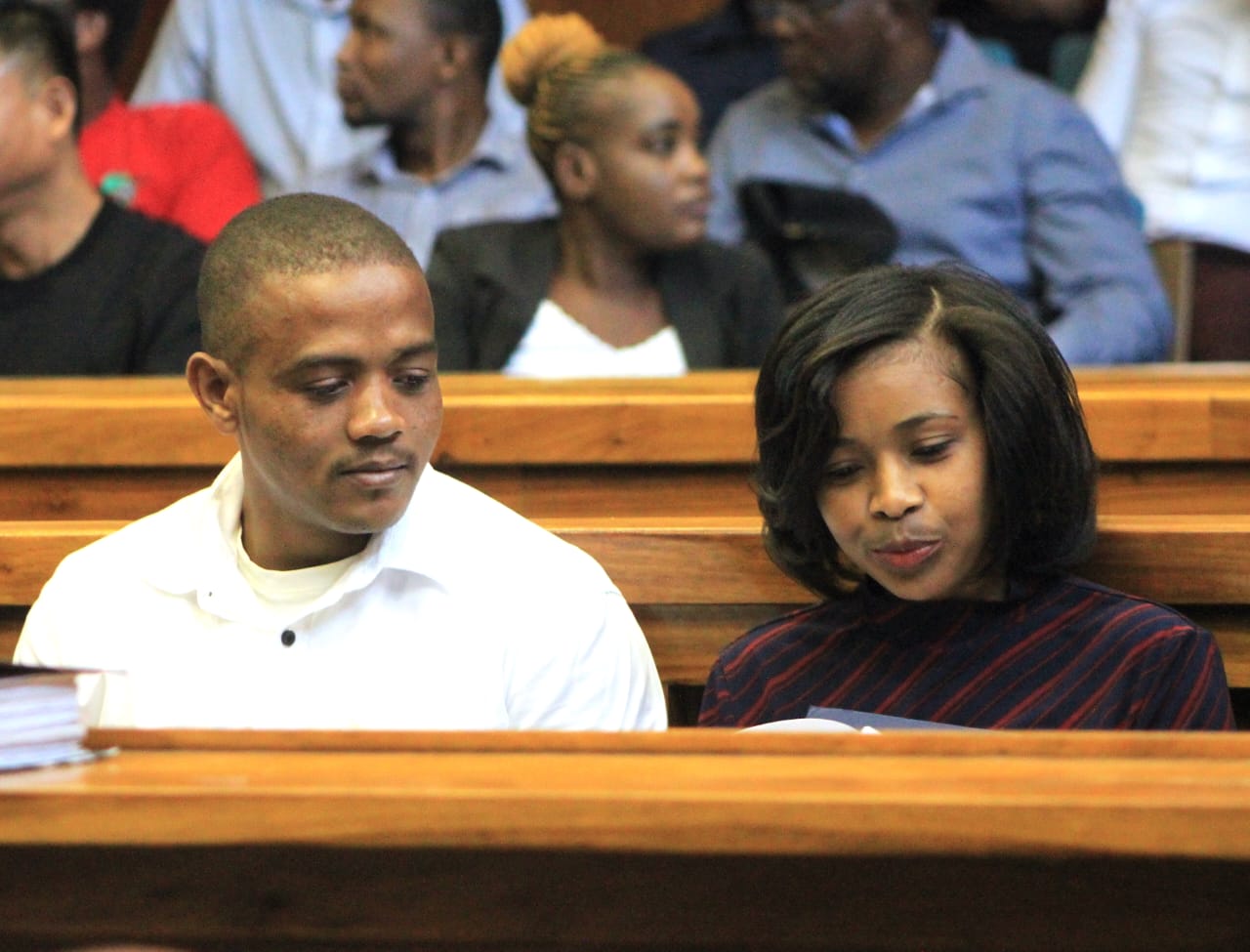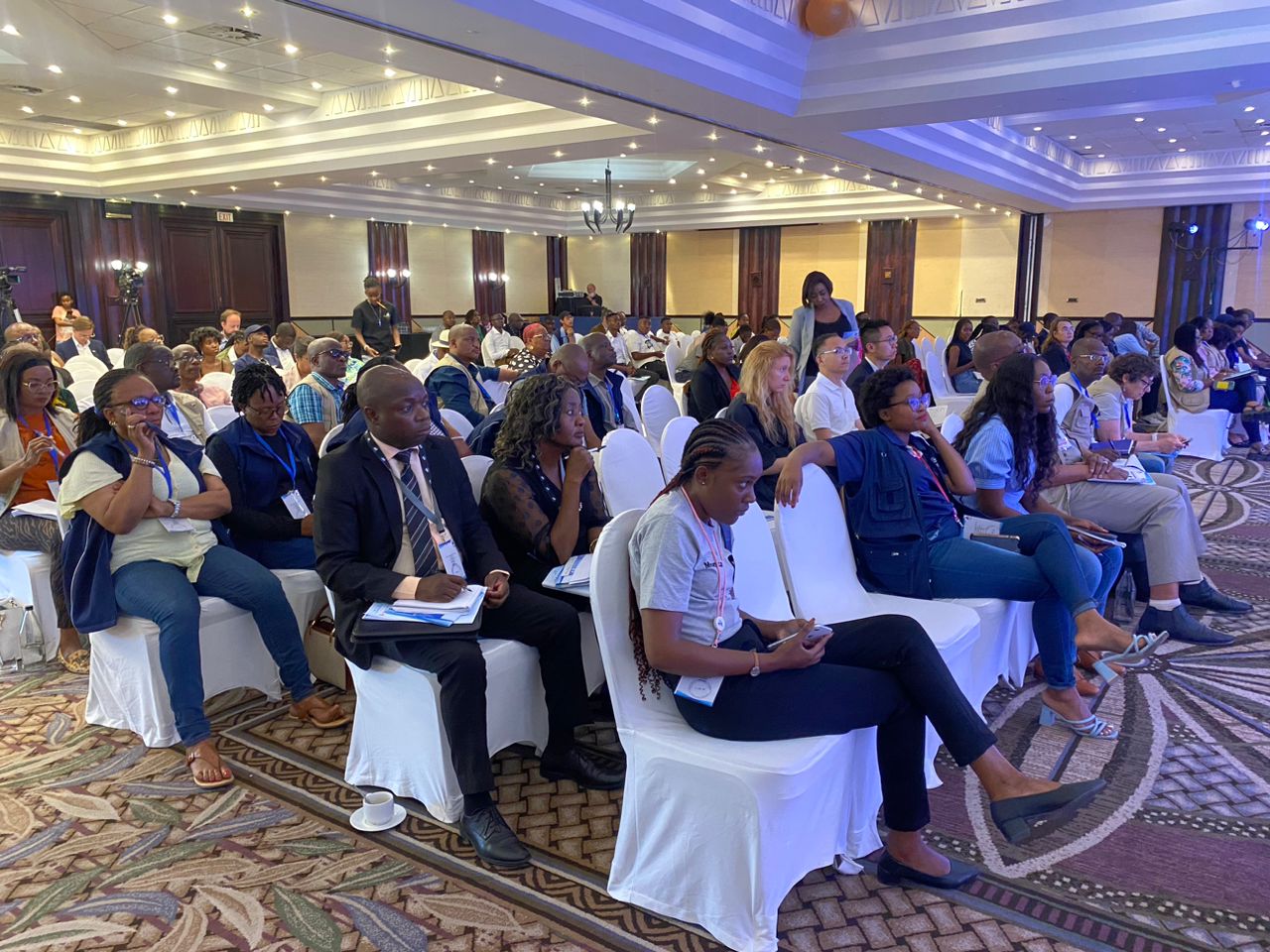One of the key figures in the Fishrot fishing quotas fraud and corruption case, Tamson ‘Fitty’ Hatuikulipi, does not enjoy any prospects of success with an appeal against the dismissal of his second application to be granted bail, a judge concluded in a ruling handed down in the Windhoek High Court yesterday.
Judge David Munsu reached this conclusion in a ruling in which he refused an application for leave to appeal to the Supreme Court that was filed by Hatuikulipi (42) after Munsu dismissed his second bail application near the end of December last year.
A first bail application by Hatuikulipi and his father-in-law, former minister of fisheries and marine resources Bernhard Esau, who were both arrested near the end of November 2019 and are facing charges in the Fishrot case, was turned down in the Windhoek Magistrate’s Court in July 2020.
Hatuikulipi launched a second bail application, based on alleged new facts, before Munsu in the Windhoek High Court in July last year.
Munsu dismissed that application on 27 December, after finding that the new facts on which Hatuikulipi relied did not establish a new perspective that impacted on the old facts on which he had been denied bail previously.
The new grounds were a claim by Hatuikulipi that the state’s disclosure of its evidence in the matter showed it did not have a strong case against him, his continued pretrial incarceration more than three years after his arrest, the expectation that his trial would be protracted, and a deterioration of his personal circumstances since his arrest.
In his bail judgement, Munsu also said he found that the state had made out a strong prima facie case against Hatuikulipi during his bail hearing.
The alleged offences over which Hatuikulipi is charged in connection with an alleged scheme to unlawfully exploit Namibian fishing quotas – including counts of fraud, bribery, racketeering and money laundering – are serious and involve a large amount of money, Munsu said.
He noted that an Anti-Corruption Commission investigator testified during the bail hearing that Hatuikulipi received financial benefits of more than N$75 million from his alleged involvement in a scheme to divert income realised from fishing quotas supposedly allocated for “governmental objectives” to himself and co-accused in the Fishrot case.
According to Hatuikulipi, money paid to him by the Icelandic fishing company group Samherji, which is at the centre of the Fishrot case, was for consultancy services delivered by him.
However, former Samherji executive Jóhannes Stefánsson, who blew the whistle on the Icelandic companies’ alleged involvement in corruption in the Namibian fishing sector, has stated in an affidavit that consultancy agreements between Hatuikulipi and Samherji companies were dummy deals meant to cover up the payment of bribes by the companies to get access to Namibian fishing quotas, Munsu also noted in his bail judgement.
In his ruling yesterday, Munsu said he found in his bail judgement that the state managed to show Hatuikulipi had been involved in the creation of the company Namgomar Pesca Namibia, which was involved in dubious dealings, and that corporate entities controlled by him received substantial payments from tainted sources like Namgomar and the law firm De Klerk, Horn and Coetzee Incorporated.
As a result, the argument on Hatuikulipi’s behalf that the state’s disclosure of its evidence revealed it did not have a case against him had no basis, Munsu said.
Hatuikulipi, Esau and eight co-accused in the Fishrot case – including former attorney general and justice minister Sacky Shanghala, James Hatuikulipi, who was the board chairperson of the state-owned National Fishing Corporation of Namibia (Fishcor), and former Fishcor chief executive Mike Nghipunya – are due to have a next pretrial hearing in the High Court on 14 August.
All of the 10 accused are being held in custody.
Their trial is scheduled to start on 2 October.
Stay informed with The Namibian – your source for credible journalism. Get in-depth reporting and opinions for
only N$85 a month. Invest in journalism, invest in democracy –
Subscribe Now!






